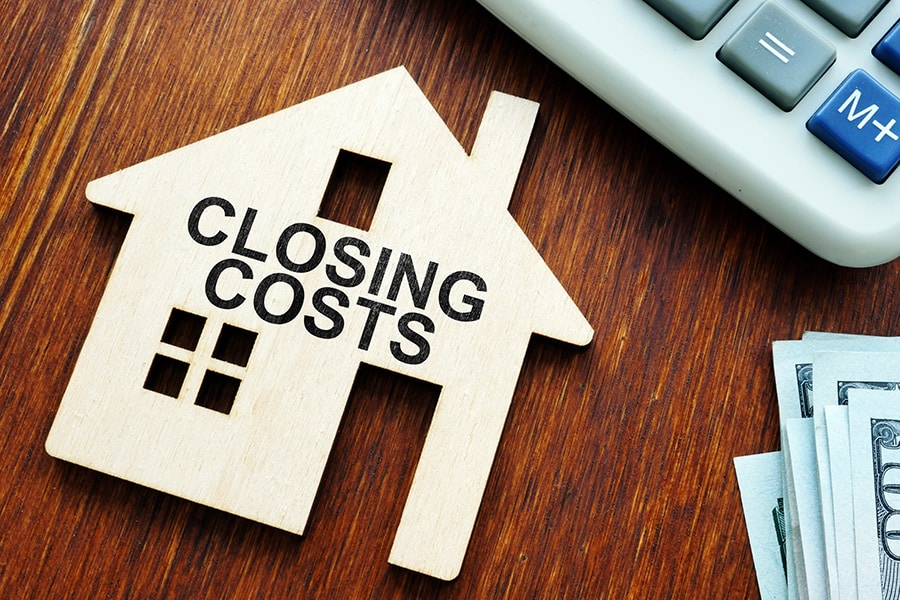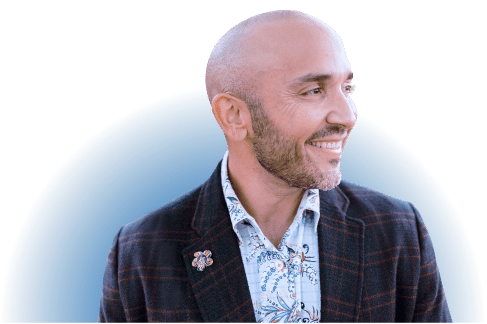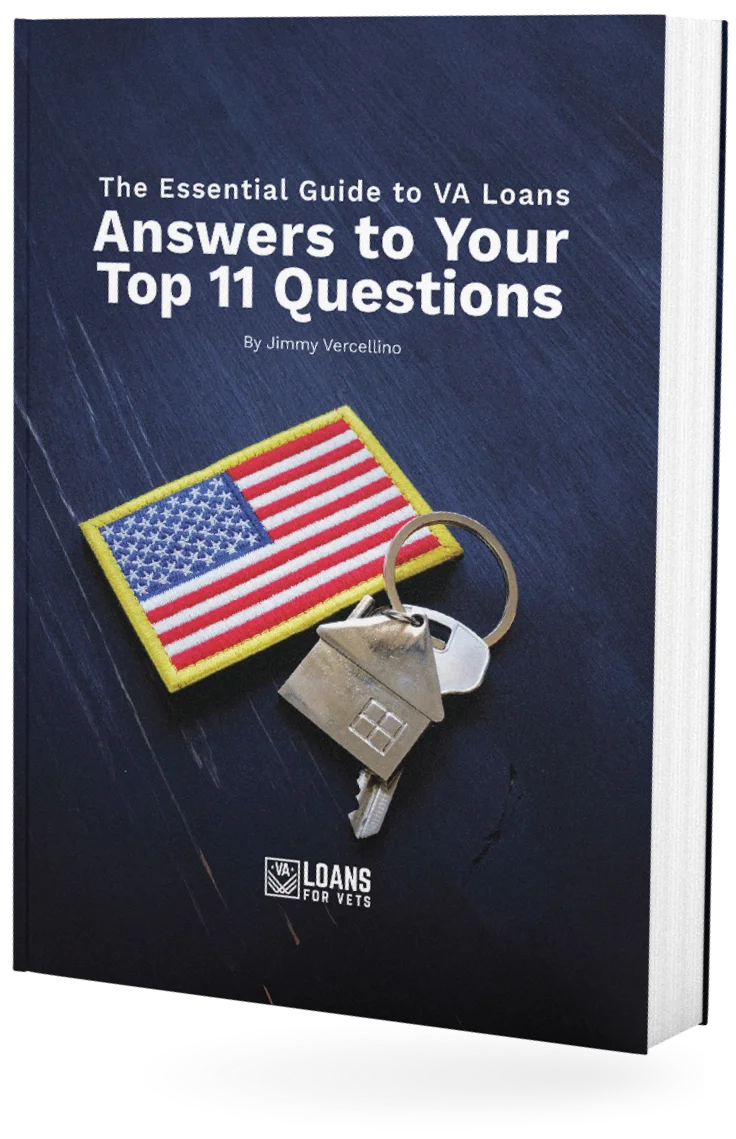When it comes to getting a home loan, one of the main concerns for borrowers is the closing costs associated with it. But what if there was an option to get a home loan with no closing costs? Is it too good to be true or is it a viable option? In this article, we will explore the concept of a no-closing-cost mortgage and see if it is a fact or fiction.
The Basics of a Mortgage and Closing Costs
How does a mortgage work?
A mortgage is a type of loan that is specifically designed for buying a home. Instead of paying the full purchase price upfront, borrowers can secure a mortgage from a lender and make monthly payments over a specified period of time, usually 15 or 30 years. The loan amount is determined by the purchase price of the home, and borrowers are charged an interest rate on the loan.
Understanding closing costs
Closing costs are the fees and expenses associated with finalizing the mortgage transaction. They include things like application fees, appraisal fees, title search fees, and attorney fees. These costs are usually paid upfront by the borrower and can range from 2% to 5% of the loan amount. For example, on a $200,000 mortgage, closing costs could be anywhere from $4,000 to $10,000.
Exploring No-Closing-Cost Mortgages
What is a no-closing-cost mortgage?
A no-closing-cost mortgage is a type of home loan that does not require borrowers to pay the closing costs upfront. Instead, the lender covers these costs on behalf of the borrower. This means that the borrower does not have to come up with a large sum of money at the time of closing.
How does a no-closing-cost mortgage work?
In a no-closing-cost mortgage, the lender will typically charge a slightly higher interest rate to compensate for the upfront closing costs they are covering. This higher interest rate may result in a slightly higher monthly payment compared to a traditional mortgage with upfront closing costs.
Pros and cons of no-closing-cost mortgages
There are both advantages and disadvantages to opting for a no-closing-cost mortgage. The main advantage is that borrowers can avoid the upfront costs associated with closing, which can be a significant amount of money. This can make it easier for borrowers to buy a home, especially if they are tight on funds.
However, there are some drawbacks to consider. One of the main drawbacks is that the higher interest rate associated with a no-closing-cost mortgage can result in higher overall interest costs over the life of the loan. Additionally, borrowers may be required to pay mortgage insurance if they have a loan-to-value ratio of over 80%.
Is a VA Loan a no-closing-cost loan option?
A VA loan is not inherently a “no closing cost” mortgage. However, the VA does limit the types of closing costs that a veteran can pay. Some lenders might offer VA loans where they cover the closing costs, but these costs are usually rolled into the loan in the form of a higher interest rate or additional fees. The seller can also pay the closing costs as part of the agreement, which can reduce the upfront expenses for the veteran. It’s essential to carefully review the loan estimate and discuss the specifics with your lender to understand fully what costs you are responsible for paying at closing when considering a VA loan.
What to Look For When Considering a No-Closing-Cost Mortgage
When considering a no-closing-cost mortgage as a US veteran, there are several key factors to carefully evaluate:
1. Interest Rates:
- Higher Rates: No-closing-cost mortgages may come with higher interest rates to compensate for the absence of upfront costs.
- Long-term Impact: Assess how the higher interest rate will impact your monthly payments and the total interest paid over the life of the loan.
2. Loan Type:
- VA Loans: As a veteran, explore VA loans which come with benefits such as competitive interest rates and lower down payments.
- Comparison: Compare the terms of the no-closing-cost mortgage with those of a VA loan to ascertain which is more advantageous.
3. Lender Fees:
- Waived or Included: Determine whether the lender has genuinely waived the fees or if they are integrated into the loan.
- Transparency: Ensure the lender clearly breaks down the fees, allowing for a precise evaluation.
4. Seller Contributions:
- Negotiations: You might negotiate with the seller to contribute towards the closing costs, which can be particularly viable in a buyer’s market.
- Limitations: Be aware of the limits placed on seller contributions based on the loan type and ensure it aligns with your agreement.
5. Loan Term and Duration:
- Staying Period: If you plan to stay in the home for a shorter period, the higher interest costs might be justifiable.
- Future Plans: Consider your long-term plans and how the no-closing-cost mortgage aligns with your financial trajectory.
6. Break-Even Point:
- Analysis: Conduct an analysis to identify the point at which the higher monthly payments will equal the closing costs you avoided.
- Decision Basis: Use this information to make an informed decision based on your anticipated stay in the property.
7. Professional Advice:
- Expert Consultation: Consider seeking the guidance of mortgage professionals or financial advisors who specialize in veterans’ benefits.
- Objective Assessment: Such professionals can provide an objective assessment, helping to navigate the nuances of no-closing-cost mortgages.
By meticulously assessing these aspects and conducting a comprehensive cost-benefit analysis, you can make a well-informed decision that aligns with your financial objectives and homeownership goals as a US veteran.
Can I refinance with a no-closing-cost mortgage?
Yes, you can refinance with a no-closing-cost mortgage. When you choose this option, the closing costs are not waived but are either rolled into the loan balance or compensated by a higher interest rate. Here’s what you should consider when refinancing with a no-closing-cost mortgage:
- Interest Rate: Check whether the lack of closing costs is balanced by a higher interest rate over the life of the loan. Consider whether the increased interest rate is worthwhile compared to the immediate saving of upfront costs.
- Loan Balance: If the closing costs are rolled into the loan balance, it will increase the amount you owe, which may affect your loan-to-value ratio and potentially your interest rate.
- Loan Term: Consider how long you plan to stay in your home. If you intend to stay for a short period, the no-closing-cost option might be beneficial as you might not stay long enough to see the increased cost due to a higher interest rate.
- Break-Even Point: Calculate the break-even point where the savings from no closing costs are equal to the additional interest paid over the life of the loan due to a slightly higher rate. Ensure that the decision aligns with your financial goals and homeownership plans.
- Market Conditions: Keep an eye on the market conditions. Interest rates are a significant factor in refinancing decisions, and they might affect the overall benefit of a no-closing-cost mortgage.
- Long-Term Costs: Evaluate the long-term costs of choosing a no-closing-cost mortgage and whether it aligns with your financial objectives and capabilities.
- Consulting a VA Loan Mortgage Professional: Consider consulting a mortgage professional to understand all the implications, costs, and benefits of a no-closing-cost refinance, ensuring that you make a well-informed decision based on your financial situation and goals.
Is a no-closing-cost loan right for veterans?
As a veteran, choosing the right type of mortgage is crucial in meeting your financial objectives and maximizing the benefits you’ve earned through your service. A no-closing-cost loan can be attractive for its lower initial expenses, but it’s essential to weigh this against the advantages offered by VA loans, such as competitive interest rates and no down payment requirements. Particularly, consider how a no-closing-cost option aligns with the unique benefits that VA loans extend to veterans, ensuring you leverage the most value from your entitlements. VA loans are explicitly tailored to support veterans in homeownership, accommodating their financial circumstances with flexibility and understanding.
Navigating these considerations requires a nuanced understanding of mortgage options and their implications for veterans. Professionals, like those at VA Loans for Vets, are instrumental in this process. Their specialized expertise in VA loans allows them to offer guidance that is precisely aligned with a veteran’s specific needs and benefits. Collaborating with VA Loans for Vets ensures that your mortgage decision is not only informed but also optimized to secure outcomes that resonate with your individual goals and maximize the benefits of your VA entitlement. Allow the experts at VA Loans for Vets to shepherd you through the process, ensuring that each step is calibrated to realize the most favorable result in alignment with your unique objectives as a veteran.



